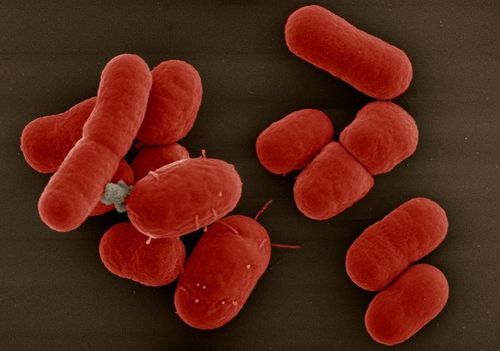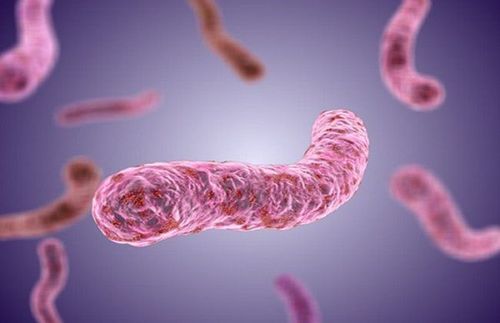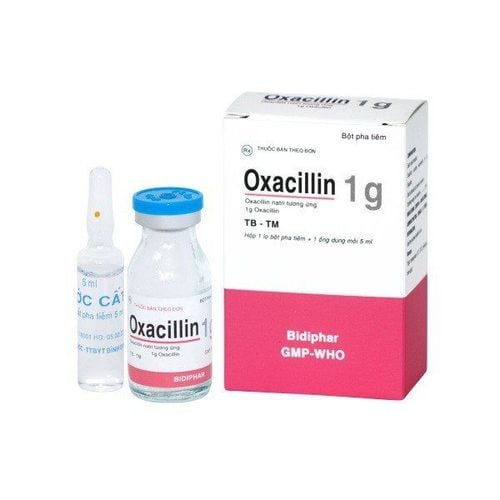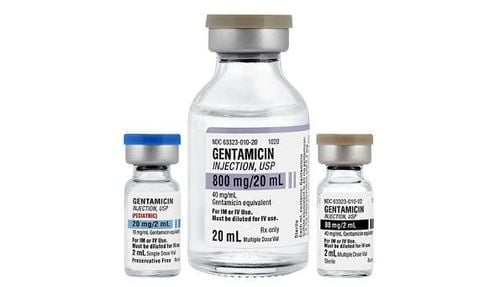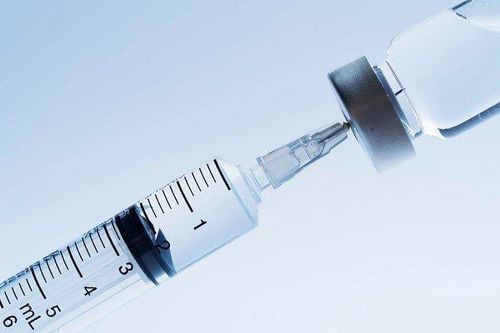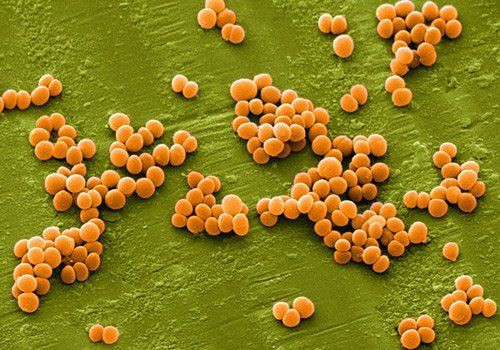This is an automatically translated article.
The article was written by Doctor Le Xuan Luat - Vinmec Times City International General Hospital.Soft tissue inflammation is a common inflammatory condition, usually caused by bacteria. The affected soft tissue area is swollen, hot, red, and painful. The lesion can be localized in one place, or progress to diffuse, even causing necrosis of muscle tissue. People with these severe conditions can progress to shock, which is life-threatening.
1. Bacteria that cause soft tissue inflammation
The common bacteria causing soft tissue inflammation are staphylococcus, streptococcus. These bacteria usually reside on the surface of the skin. Under the impact of body changes such as scratches on hands and feet, contamination, these bacteria invade soft tissues and cause local disease.
People with underlying medical conditions such as diabetes, gout, immunodeficiency, often have a high risk of soft tissue inflammation. The etiology of soft tissue inflammation depends on each subject. The etiology varies in groups of people with underlying medical conditions, occupation, and age. The clinical picture varies according to different etiologies.
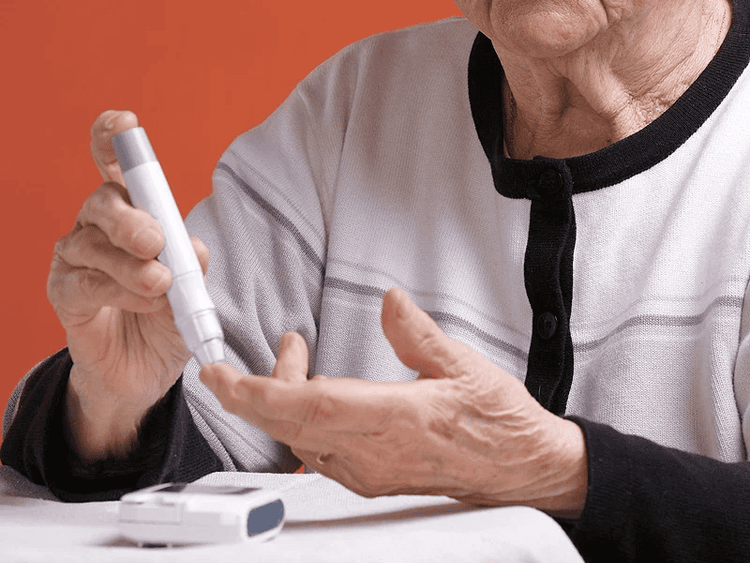
Người mắc bệnh đái tháo đường có nguy cơ bị viêm mô mềm cao
Among the causes of soft tissue inflammation, attention should be paid to Aeromonas hydrophilia. The clinical features of A. hydrophilia are rapid progression, soft tissue inflammation may form blisters, necrosis. Without timely treatment, there is a risk of progression to shock, which can affect life. A.hydrophilia usually resides in water bodies.
Therefore, people who live in rivers, or have a lot of contact with water such as fishermen, sanitation workers, and farmers when there is soft tissue inflammation, the cause that needs attention and exclusion is A.hydrophilia.
2. What is Aeromonas?
Aeromonas are Gram-negative, motile, aerobic, bacteria that reside in aquatic environments. Aeromonas can cause diseases in humans such as diarrhea, soft tissue inflammation, sepsis.
Clinical picture of soft tissue inflammation in humans may have the following symptoms:
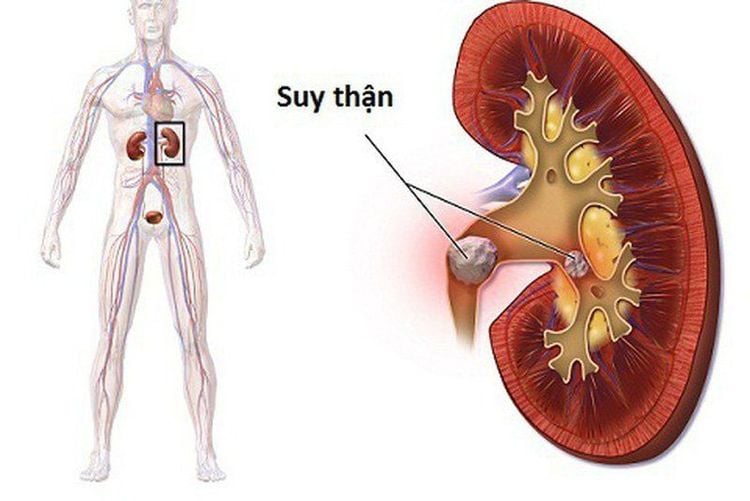
Nếu bệnh nhân không được chẩn đoán, điều trị kịp thời có thể bị suy thận
High fever, constant fever, chills. Soft tissue pain. Hot swelling. The blisters are on a background of inflamed soft tissue. At first small in size, scattered with a few blisters, clear water. The swelling can then progress rapidly. The red, hot and swollen soft tissue area can progress to darkening, necrosis. The time to progress is usually very rapid, within a few hours or within a day. Patients can have kidney failure, drop in blood pressure, progress to shock if not diagnosed and treated promptly.
3. Treatment of Aeromonas
Most strains of Aeromonas are resistant to ampicillin and penicillin. Aeromonas strains are usually sensitive to 2nd and 3rd generation cephalosporin antibiotics, quinolones, carbapenems, chloramphenicol, TMP-SMX. These antibiotics are available in Vietnam.
The main problem with infections caused by Aeromonas is the very fast time to progression. Therefore, when patients see the rapid progression of tissue inflammation, they should immediately visit a medical facility, do not arbitrarily buy drugs to treat at home.
Please dial HOTLINE for more information or register for an appointment HERE. Download MyVinmec app to make appointments faster and to manage your bookings easily.




